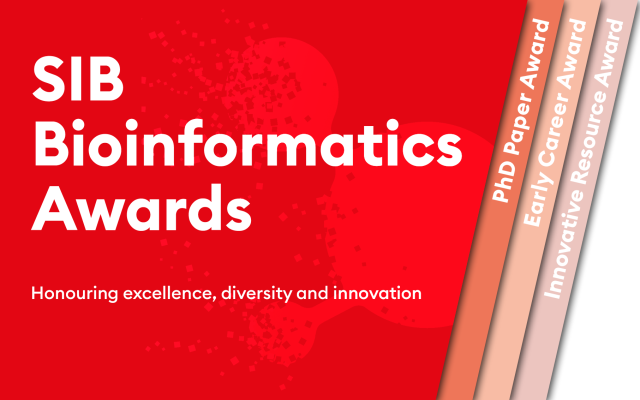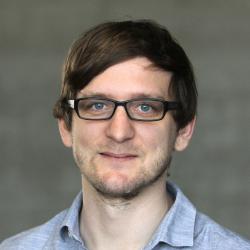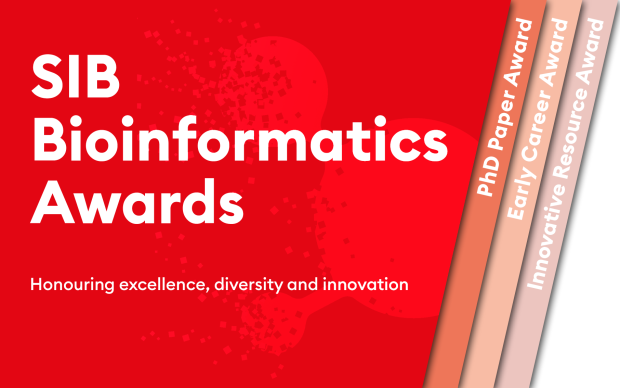Christoph Zechner – Co-Laureate of the 2012 SIB Best Swiss Bioinformatics Graduate Paper Award
Christoph Zechner received the award together with Jakob Ruess as co-author of the publication “Moment-based inference predicts bimodality in transient gene expression”. The paper was part of Christoph’s Graduate studies in the team of Heinz Koeppl at ETH Zurich.
Since 2017, Christoph is a Group Leader at the Max Planck Institute of Molecular Cell Biology and Genetics and the Center for Systems Biology in Dresden, Germany. His research focusses on the development of statistical approaches to study biological signal processing. To learn more about the different research projects in Christoph’s team, visit their group webpage and follow @zechnerlab on Twitter.
About the SIB Bioinformatics Awards and our interview series “Meet the past SIB Awards Laureates”
Started in 2008 as an initiative to distinguish young bioinformaticians in Switzerland, the SIB Bioinformatics Awards have gone a long way since: from a single national award to three different prizes today, honouring 1) international early career bioinformaticians (SIB Early Career Bioinformatician Award), 2) excellency within the Swiss PhD community (SIB Best Swiss Bioinformatics Graduate Paper Award) and 3) innovative bioinformatics resources (SIB Bioinformatics Resource Innovation Award). Throughout the years, 21 awards have been presented, with nine laureates recognized for their outstanding early career, ten Graduate students for their excellent publication and two bioinformatics resources for their innovative aspect.
In 2019, the SIB Bioinformatics Awards will be presented for the 10th time, providing a great occasion to reach out to past laureates and ask them where they are now in their career: this interview is part of a series inviting you to meet past SIB Bioinformatics Awards laureates.
At which point of your career were you when you received the SIB Award? How did it feel? What was the key interest of your research at this time point?
I was a Graduate Student at ETH Zurich in Heinz Koeppl's lab. I really enjoyed it and I had a great time there. I was working closely together with Jakob Ruess (co-laureate) and we were of course super excited when we heard about the award. In our paper we developed a statistical method to study heterogeneity in transcription regulation.
What are your current research interests?
Broadly speaking, we want to understand how genetically identical cells reliably process and respond to signals, even though their own intracellular processes vary significantly from one to another. In my group, we develop theoretical and statistical approaches to study biological signal processing at different scales. Most recently, we have been focusing on how subcellular compartmentalization can enhance the fidelity of gene regulation and information processing. While our work is purely theoretical, we collaborate closely with our experimental partners at the MPI-CBG and abroad.
In your personal opinion, what is the single most fascinating discovery made possible by bioinformatics?
I think that most discoveries these days rely strongly on bioinformatics and computer science. Therefore, I find it hard to narrow it down to a single one. Related to my own work, perhaps the most important aspect of bioinformatics is image analysis. The ability to track and quantitate molecules, compartments and cells across entire organisms provides an unprecedented opportunity to understand biology.
What do you like to do in your free time?
I spend most of my spare time riding mountain bike.
Any words for the future generation of bioinformaticians?
I would encourage scientists to expose themselves to new and unfamiliar territory every now and then. Sometimes, the best opportunities come when you don’t limit yourself to what you’re already familiar with. In my past, the most exciting projects came very unexpectedly.




